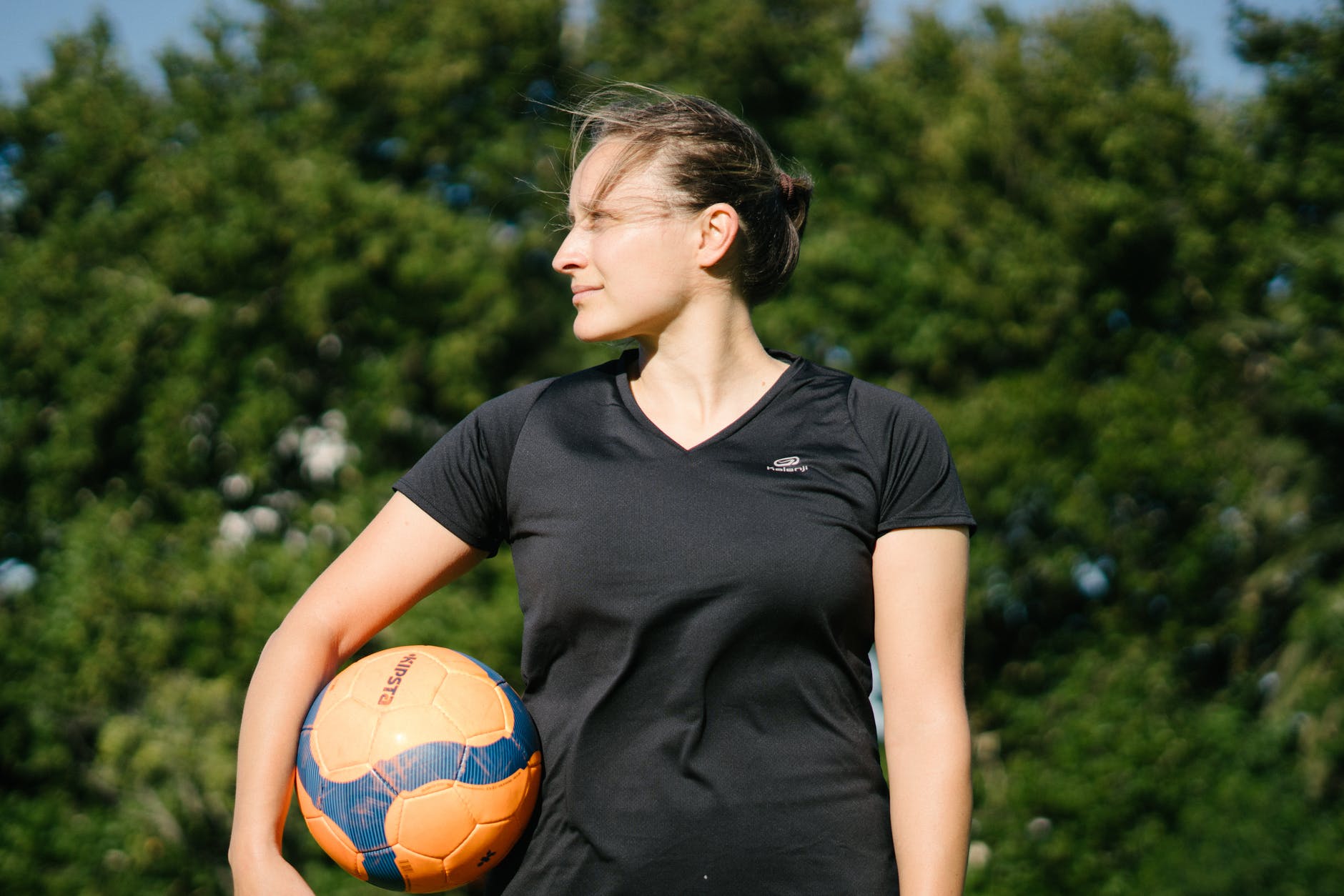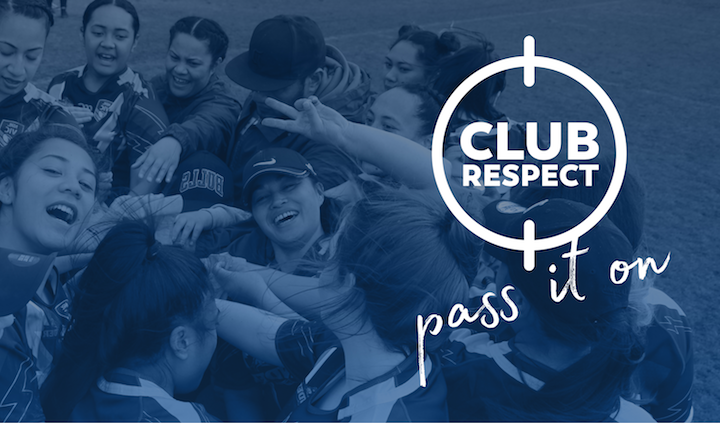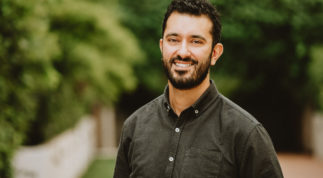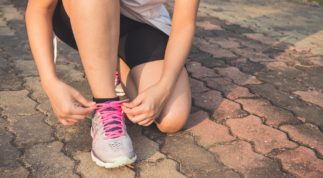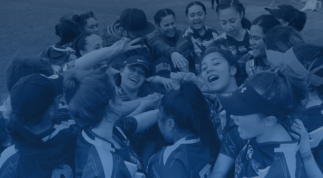I’ve just finished another day of ‘working from home’ and getting ready for an online hot pilates class (I crank up the heater for full effect). Fitness ‘motivators’ have come to the fore during isolation, leading the way, providing their services from their lounge rooms to mine. But an important part of my normal fitness ritual is missing – sport. My soccer matches are indefinitely postponed. My integrity of my team’s WhatsApp group is hanging by a thread, severely lacking in its improbable task of keeping a united flame alive while we wait for the resumption of matches. Real human interactions fuel my team and other community sport clubs, neither of which has fared well in lockdown.
The loss experienced by me and many others shows us the importance of sport clubs, that they are more than what they appear, they are more than a place to just play sport. They are really community hubs in disguise.
If we peek ‘behind the curtain’ of the inner workings of a sports club we will see real cultural development taking place, people of all ages interacting with young and old; attitudes being formed, characters learning to shine, personalities forging their way into the legacy and folklore of the club. Sport clubs are fertile ground for communities and neighbourhoods to collectively learn and be accountable.
Clubs are notoriously stretched beyond their capacity, with precious little time dedicated towards helping shape a strong and positive culture. Some clubs are not even aware of the power they hold and the great influence they wield in the clubrooms. Clubs revert to a ‘win-only’ measure of success, which is a narrow lens through which to measure all the amazing things clubs can achieve.
However, community sport clubs are often misunderstood. Their impact in communities is undermined by the violent and abusive behaviour of some professional sport players and fans. The link between their behaviour, the attitudes in many community club change rooms and the problems of domestic abuse in our homes are too closely linked. Changing club culture in community sport is not so easy when we see these behaviours happening in the highest, most publicised and influential forms of the game.
Providing community sport clubs with positive culture guidance is the task of Club Respect (an initiative of Victorian Women’s Trust). Clubs are enabled to encourage everyone to thrive, feel safe and enjoy the pleasures and opportunities that sport provides. The real benefit is when these values, attitudes and behaviours are experienced outside of the sports club, crossing over into other areas of our lives.
But community sports are community hubs in disguise; club focus must be in the context of winning games and improving match performance. But it is clear in our time of lockdown that while we miss playing sport, we also miss our friends, our teammates, the incidental and chance encounters with other club people. Now is the time for clubs to re-imagine the way their clubs operate, by re-working their policies and practices before clubs start to slowly emerge from lockdown. We all have a unique opportunity to redefine our community sport clubs for the better. If we are successful, we will create safe, kind and fair clubs and help prevent violence and abuse in our communities.
 Tarik is the Manager of of our harm prevention sports initiative, Club Respect. Joining the Victorian Women’s Trust team in late 2019. In the years prior, Tarik has been heavily involved with Sports Without Borders, working closely with newly arrived people, refugees and people seeking asylum.
Tarik is the Manager of of our harm prevention sports initiative, Club Respect. Joining the Victorian Women’s Trust team in late 2019. In the years prior, Tarik has been heavily involved with Sports Without Borders, working closely with newly arrived people, refugees and people seeking asylum.
